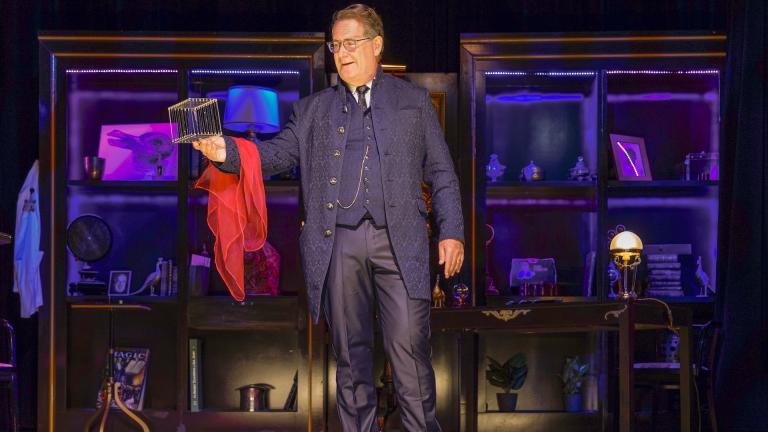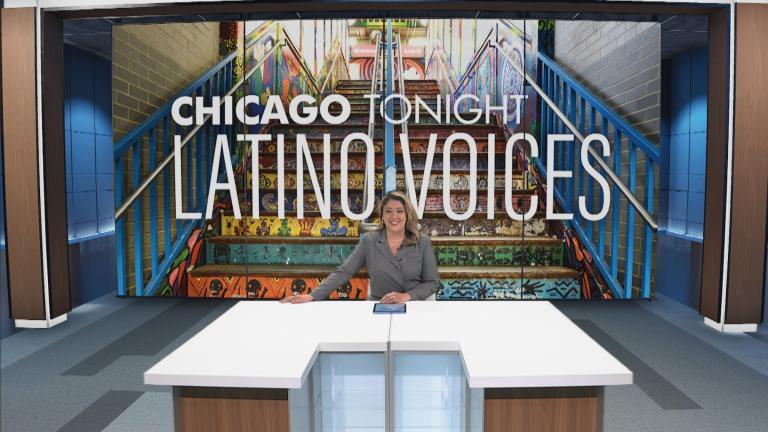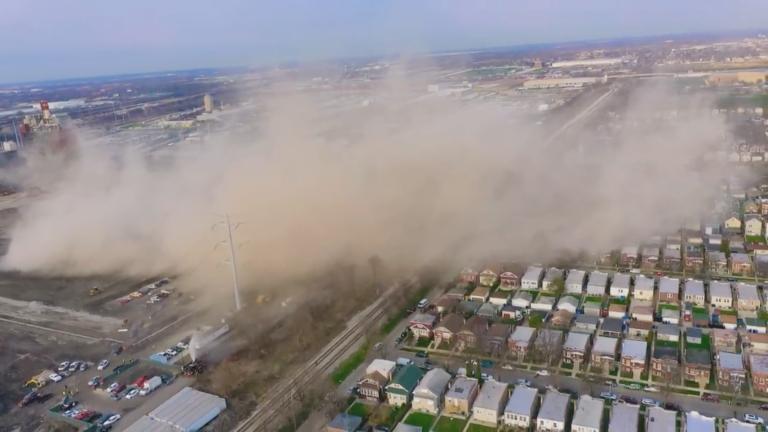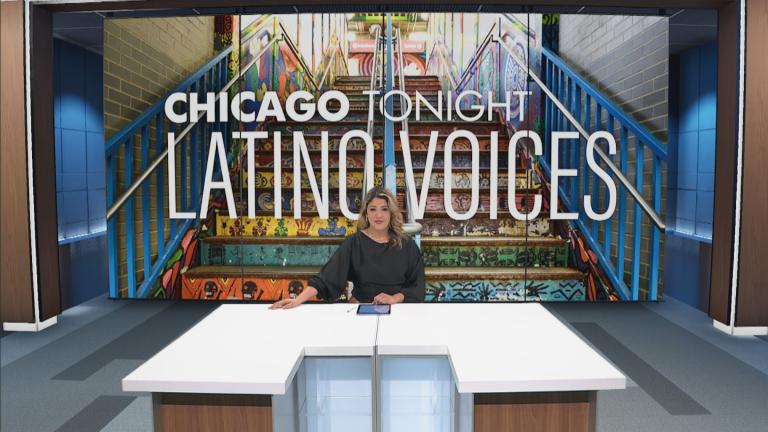Puerto Rico continues to experience ongoing power outages.
Hurricane Maria only further exacerbated existing issues within the island’s outdated electrical grid in 2017.
Now, its residents are bringing attention to a bigger issue: the privatization of Puerto Rico’s energy distribution through LUMA Energy, a private electric company in control of Puerto Rico’s distribution and transmission.
Luma took control of Puerto Rico’s transmission and distribution June 1, but critics say conditions have only worsened since then, and legislators are demanding answers the Associate Press reported.
Last week, protesters took to the streets lighting the dark island with cell phones, demanding Puerto Rico officials provide solar energy and a cancellation of the island’s 15-year contract with the energy company.
Puerto Rico’s Supreme Court requested the private consortium provide data on the outages and how they were being addressed. Wayne Stensby, LUMA president and CEO, has not complied with the ruling to provide the information requested by the House of Representatives.
Margaret Power, a history professor who focuses on Puerto Rico, Latin America, and gender studies at Illinois Tech, says LUMA’s takeover has been proven faulty, and its customers are paying the price through billing hikes and the loss of resources.
“The company took over in June with grandiose promises to improve things, but they haven’t improved anything in many cases,” Power said. “So, there are many Puerto Ricans, unfortunately — those who are diabetic for example, people have to store their insulin. And those who bought new refrigerators after the last outages, their fridges have blown out again, so, their food is spoiled. [This blackout] is just one disrespect after another towards the Puerto Rican people.”
Jose Lopez, executive director of the Puerto Rican Cultural Center, says his family in Puerto Rico has been left without power. Lopez said that despite Puerto Rico receiving a billion dollars from Congress to address the electrical issues, there’s little sign of where those funds have gone.
“In terms of emergency funds, there has been a lot of money that has been allotted, but never delivered,” Lopez said. “That money has been released through the central government, which is an extremely corrupt system. Two years ago, the Puerto Rican people rose up and overthrew the government that is still in power. And the [Puerto Rican government] saying they are engaging with these companies to improve the livelihood of Puerto Ricans is a false narrative.”
Lopez said he doesn’t see any change happening soon until Puerto Ricans reclaim their independence and have the right to control their resources.
“Puerto Ricans are ruled by an oversight board where they have no say in government.” He continued. “And the Puerto Rican government is a colonial appendage of the U.S. government. Puerto was declared by the U.S. Supreme Court in 1922 as [its property], meaning the [Puerto Rican government has no will to serve the people.”
“The people in Puerto Rico are still continuing to suffer, “Power said. “And suffer is the correct word to describe what they are experiencing from these electrical outages, which I actually describe as an electrical outrage, not just an outage because our [power grid] has not been repaired. [Power outages in Puerto Rico] have been happening since Hurricane Maria.”
Richard Negrin, ComEd's vice president of external affairs in Chicago, led his team to supply emergency power following Hurricane Maria. Negrin said Puerto Rico’s power grid never recovered after the hurricane and that hundreds of ComEd workers were required to reconstruct the power source, which he said, “hasn’t happened.”
“You have generations of neglect, a lack of resources and maintenance,” he said. “The power grid is a living organism. If you are not building and working on it and giving it the care that it needs, it is dying over time. So, you’ve got this aging infrastructure in Puerto Rico.”
Besides an aging infrastructure that needs to be modernized, Power suggested that to provide Puerto Rico with solar power, private organizations should not be in control of the island’s distribution and transmission line.
“Civic organizations, people who are on the ground who are willing to make sure their neighbors, their families and their communities get solar power, should be [in control],” she said.








